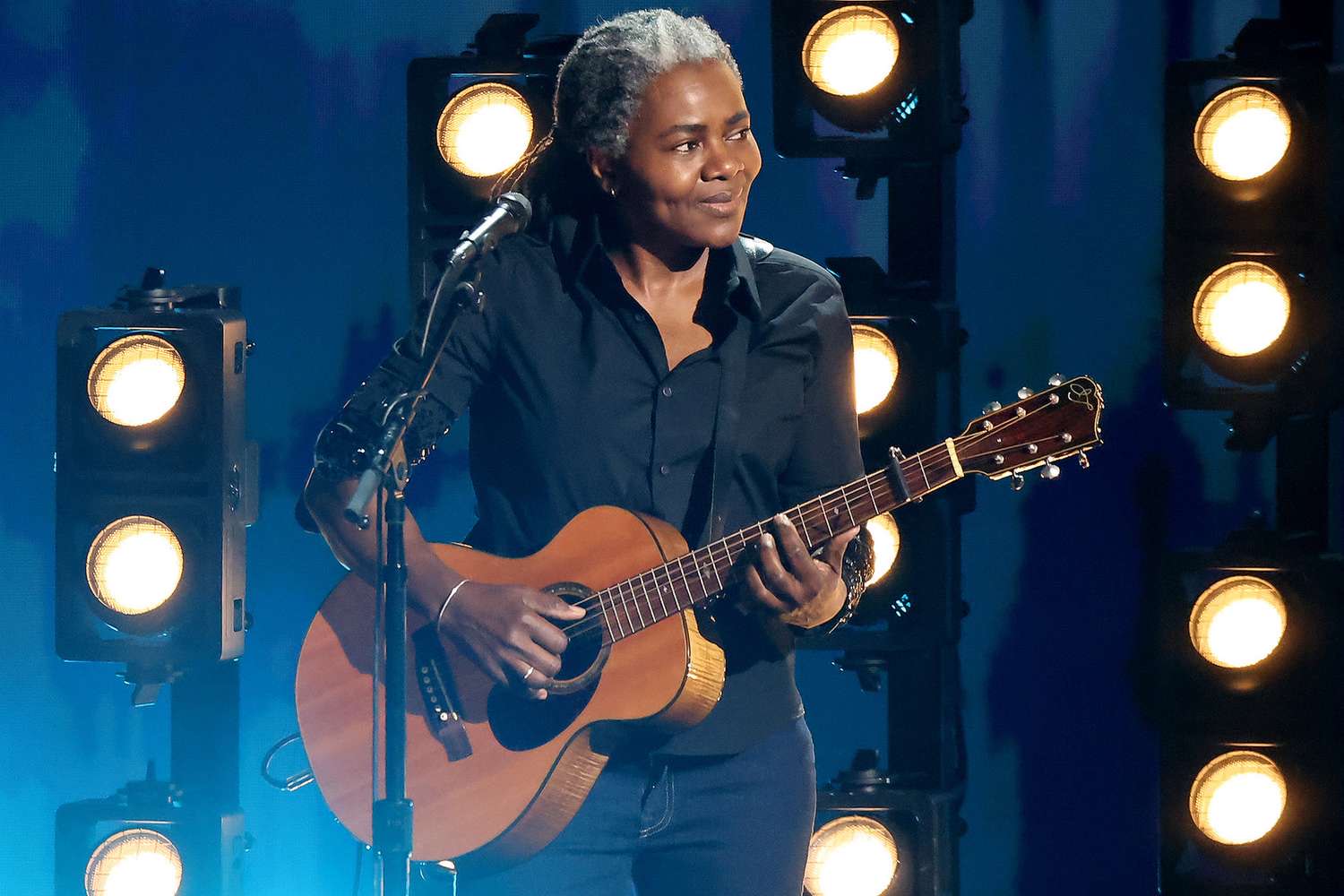
The Lack of Exposure for Black Musicians within Popular Music Genres is Concerning
by Hannyah Alford

image from Ad Age
Recently, Beyonce made her debut into the country music genre, after announcing that Act II of her most recent studio album Renaissance will be a country music album. So far, Beyonce has released two country music singles titled Texas Hold ‘Em and 16 Carriages. Both singles are already receiving a wave of criticism and backlash as many believe Beyonce is not capable of being successful in the country music category. The tracks have just been released and country music stations are already refusing to play Beyonce’s new songs, with one station in Oklahoma claiming that they refused to play her new singles because they’ve only known Beyonce for being an R&B and Hip-Hop artist. It is worth noting that these two singles are not the first time that Beyonce has expressed her southern musical roots. In her 2016 hit album, Lemonade, Beyonce released Daddy Lessons, a song that pays homage to her upbringing in Texas similar to Texas Hold ‘Em.
Despite this, people are still claiming that Beyonce’s newest country singles hold no trace of the common country music instrumental and themes, comparing them to the R&B and pop records that she is better known for. The claims that Beyonce’s newest singles are not country don’t hold water. The opening instrumental for Texas Hold ‘Em contains the strumming of a banjo, one of the most common instruments used to make country songs, and the earliest use of it can be traced back to southern African-American music artists. The banjo was first introduced to America by African slaves and became an essential part of southern culture and
slave music. This refusal to acknowledge black musicians and their contributions to the country music genre comes from a long-standing history of racism and segregation within the music industry. During the 1920’s, country music was known as “hillbilly” or “old time” music that was marketed to white southerners. Instead of black country musicians existing in this same genre, another one was created called “race records” to specifically target black audiences. In some instances, black artists would actually collaborate with white artists to make country songs, only to not be credited for their contributions and purposely left out of marketing images associated with country music.
This erasure of black musicians in the country music genre continues to be an issue in the present day for more black artists than just Beyonce alone. At the 2024 Grammys this year, Tracy Chapman, a black female country singer, performed her song Fast Car alongside renowned country singer Luke Combs. In 2023, Combs covered Chapman’s song, which would go on to debut at No.1 on the country music billboard chart and earned him a grammy nomination for best country music solo. There is no doubt that Luke Combs’ identity as a white man and his popularity in the country music industry overshadowed Tracy Chapman’s original creation of the song as a black and queer identifying woman. In fact, a 2022 study by journalist Jan Diehm revealed that less than 0.5 percent of country songs played on the radio were by women of color and LGBTQ artists–as both are very much excluded from being played on country radio playlists.
The Grammy’s music award show has a repetitive history of undermining black musicians and their contributions to music. As the recent Grammy’s show passed, Taylor Swift was awarded Album of the Year for her 2022 album Midnights making it her fourth time winning in this
category. Beyonce has the most grammy nominations of all time, 88 to be exact, but coincidentally has never won Album of the Year. Album of the Year is considered to be the highest honor that an artist can receive at the Grammys. However, black artists are constantly losing in this specific category to their white peers. In 2017, Beyonce’s Lemonade was nominated for AOTY but lost to Adele’s 25 album. In the 2023 Grammy’s awards, Beyonce was nominated for AOTY again for Renaissance, a widely acclaimed and culturally significant album due to its representation of black queer culture, came up short as the win went to Harry Styles for his release of Harry’s House. It has actually been 25 years since a black woman has won in the category of “Album of the Year” at the grammys, with Ms. Lauryn Hill being the only black female artist to receive this award for her debut album, The Miseducation of Lauryn Hill.
Rapper Jay-Z made a speech at the Grammy’s where he criticized the voters for their consistent bias against black artists. Not only are black artists constantly coming up short in their album of the year achievements, but many black artists are excluded from specific categories to maintain space for white artistry. Doja Cat’s lead single Kiss Me More from her third studio album Planet Her can easily be considered a pop album, however, this particular single was only recognized in the “Best R&B category”. The Grammy’s has a track record of purposely creating separate categories such as “Urban Contemporary” and this year’s, “Progressive R&B” to exclude black artists from competing in pop categories. Rapper Tyler the Creator has also criticized the Grammy’s for their racial bias after his 2019 album IGOR won the Grammy for best rap album, a category he doesn’t believe he belonged in since most of the songs on IGOR were more inspired by funk, soul, and alternative R&B. To say that the exclusion of black musical artistry and the denial of its influence on today’s most popular musical genres is disappointing would be an understatement. Black people’s various contributions to music deserves to be acknowledged and respected in the same manner that it’s been given to their white peers. Black musical artistry is innovative and unique, it goes beyond genres of Hip-Hop and R&B alone.

